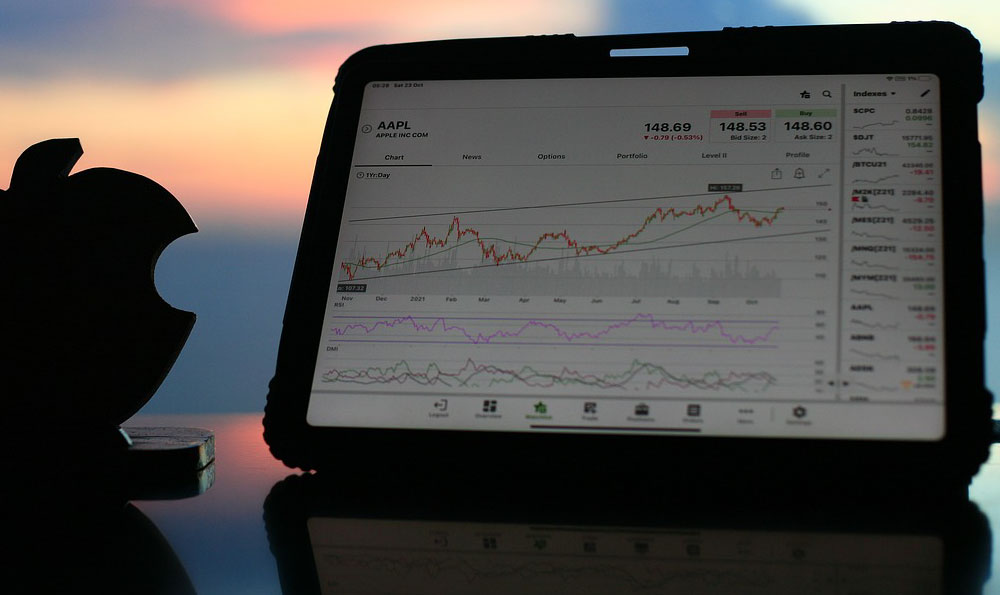Investing your Health Savings Account (HSA) is a powerful way to leverage tax-advantaged savings for your future healthcare needs and even retirement. An HSA offers a triple tax advantage: contributions are tax-deductible (or pre-tax if through payroll), growth is tax-deferred, and withdrawals are tax-free when used for qualified medical expenses. While initially designed for current healthcare costs, the investment component allows you to grow your savings exponentially over time, turning it into a significant nest egg. However, like any investment, careful planning and informed decision-making are crucial.
The first step is to understand if your HSA allows for investment. Not all HSAs offer investment options beyond a basic savings account. Many only allow you to invest once your account balance exceeds a certain threshold, such as $1,000 or $2,000. Contact your HSA provider to determine if investment is an option and what the requirements are. If your current HSA doesn't offer investment choices or the investment options are limited and undesirable, you can consider transferring your funds to a different HSA provider that better suits your needs. Be aware of any transfer fees involved. Some reputable HSA providers known for their investment options include Fidelity, Lively, and HealthEquity. Research different providers, compare their fees, investment options, and user interface before making a decision.
Once you've confirmed that your HSA allows for investment and you are comfortable with your provider, you need to determine your investment strategy. This involves assessing your risk tolerance, time horizon, and financial goals. How comfortable are you with the possibility of losing money in the short term in exchange for potentially higher returns in the long term? How far away is retirement, and how much will you likely need to cover healthcare expenses in retirement? These questions will help you determine the appropriate asset allocation for your portfolio.

For younger individuals with a longer time horizon, a more aggressive investment strategy may be suitable. This could involve investing a larger percentage of your HSA funds in stocks or stock mutual funds, which historically have provided higher returns but also come with greater volatility. Conversely, individuals closer to retirement or with a lower risk tolerance may prefer a more conservative approach, investing primarily in bonds or bond funds. Bonds are generally less volatile than stocks but offer lower potential returns.
Consider utilizing a diversified portfolio to mitigate risk. Diversification means spreading your investments across different asset classes, industries, and geographical regions. This can help cushion your portfolio against market downturns. For example, you could invest in a combination of U.S. stocks, international stocks, bonds, and even real estate through REITs (Real Estate Investment Trusts).
Index funds and Exchange-Traded Funds (ETFs) are popular choices for HSA investments. These funds offer instant diversification at a low cost. Index funds track a specific market index, such as the S&P 500, while ETFs are similar but trade like stocks on an exchange. Both options provide broad market exposure and are generally less expensive than actively managed mutual funds. When choosing index funds or ETFs, pay attention to the expense ratio, which is the annual fee charged to manage the fund. Lower expense ratios translate to higher returns for you.
Avoid investing in individual stocks unless you possess a strong understanding of the company and its industry. Picking individual stocks can be highly risky, as even seasoned investors often struggle to consistently outperform the market. Sticking to diversified index funds or ETFs is generally a safer and more prudent approach for most HSA investors.
Before making any investment decisions, it's essential to research the available investment options within your chosen HSA provider. Review the fund prospectuses, which provide detailed information about the fund's investment objectives, strategies, risks, and fees. Understand how the fund has performed historically and how it aligns with your overall investment strategy.
Regularly review your HSA investment portfolio to ensure that it remains aligned with your goals and risk tolerance. Market conditions change, and your personal circumstances may also evolve over time. Periodically rebalance your portfolio to maintain your desired asset allocation. Rebalancing involves selling some of your investments that have performed well and buying more of those that have lagged behind. This helps to ensure that your portfolio doesn't become overly weighted in any one asset class.
Be aware of the potential pitfalls of HSA investing. One common mistake is to let your HSA funds sit in a low-yielding savings account, missing out on the potential for tax-advantaged growth. Another mistake is to invest too aggressively or too conservatively based on your risk tolerance and time horizon. Avoid making impulsive investment decisions based on short-term market fluctuations. Stay disciplined and stick to your long-term investment strategy.
Remember that withdrawals from your HSA for non-qualified medical expenses are subject to income tax and a 20% penalty if you are under age 65. After age 65, withdrawals for non-qualified expenses are subject to income tax but not the penalty. Therefore, it's crucial to use your HSA funds wisely for qualified medical expenses to maximize the tax benefits.
Consulting with a financial advisor can provide personalized guidance and help you develop a tailored HSA investment strategy. A financial advisor can assess your financial situation, goals, and risk tolerance and recommend appropriate investment options. They can also help you navigate the complexities of HSA rules and regulations.
In conclusion, investing your HSA can be a smart way to build wealth and prepare for future healthcare expenses. By understanding your investment options, assessing your risk tolerance, diversifying your portfolio, and regularly reviewing your investments, you can maximize the potential of your HSA and achieve your financial goals. Don't underestimate the power of compounding and tax-advantaged growth. A well-managed HSA investment portfolio can provide you with a significant financial cushion for your future healthcare needs and retirement.












